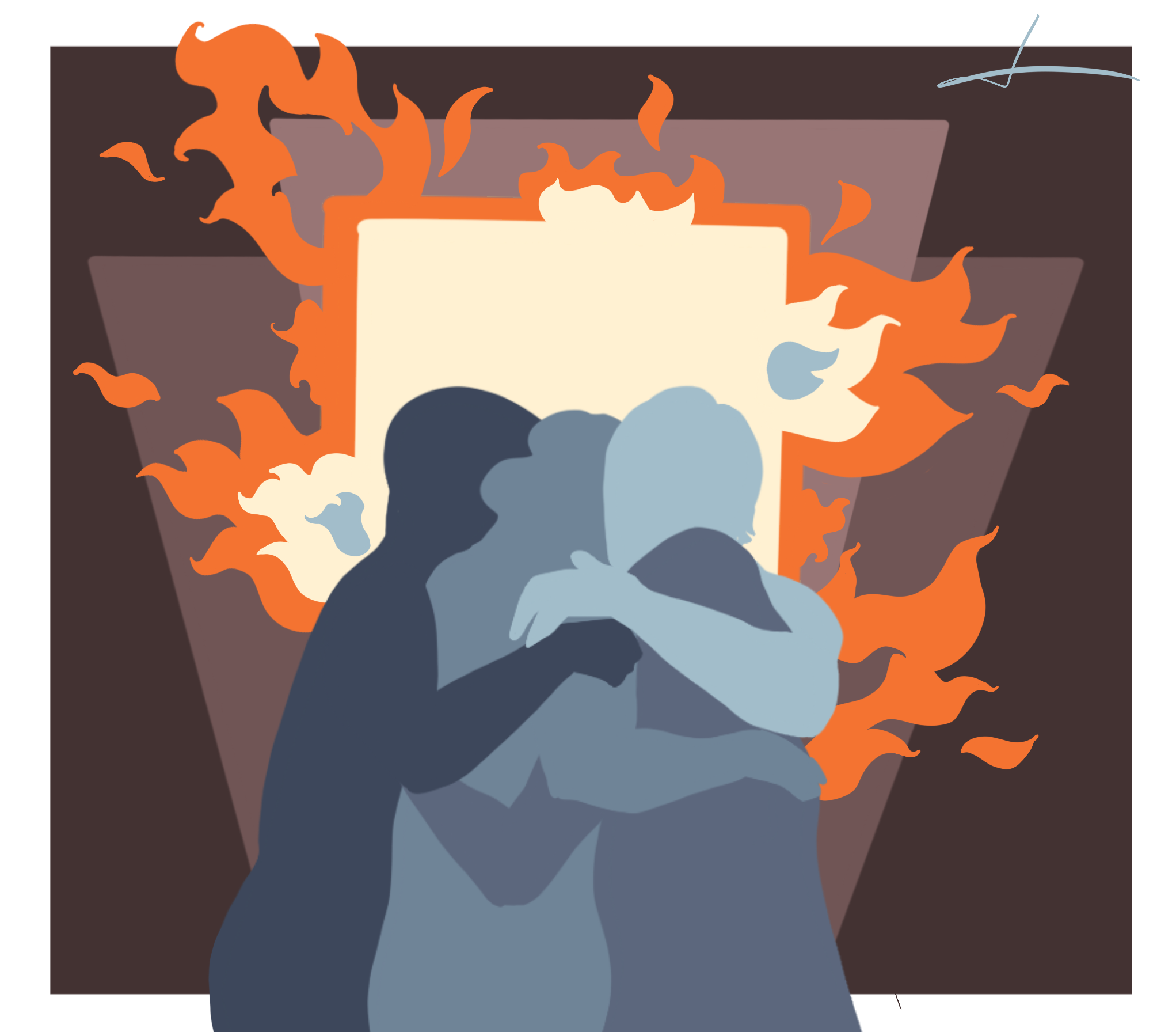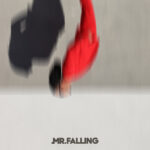
Was life an imitation of art, or was art an imitation of life? The Los Angeles fires highlighted the cruel irony of that question this past month when “This Is Us” actor Milo Ventimiglia lost his Malibu home to the wildfires.
Jack Pearson, played by Ventimiglia in “This Is Us”, experienced a similar tragedy during Season 2 of the show when he and his family narrowly escaped a house fire. Unlike Jack, Ventimiglia, his expectant wife, and his dog were able to evacuate early, only to watch the wildfires engulf their home through security cameras.
When he visited his neighborhood after the fire took its course, Ventimiglia described the scene to “CBS Mornings” as “heavy.”
“You start thinking about all the memories in different parts of the house,” Ventimiglia said, “and then you see your neighbors’ houses… and your heart just breaks.”
Milo Ventimiglia
It was not hard to compare this tragic scene to the house fire in This Is Us. As the episode montages memories from around the house, the camera pans to flames engulfing the walls, photographs, and bedrooms, highlighting the loss. Viewers were delivered an emotional shot of Jack and his family holding each other close while watching their two-story house burn from the inside out.
Joshua Childs, sophomore film and philosophy double major said, “Film is an incredible art form, particularly in the age of streaming. I, as an artist, can come directly into your home and show you the world in a way that you [would never have seen] on your own.”
Living in a digital age with talented filmmakers, writers, and photographers, storytellers could send meaningful messages directly to their recipients, inspiring true change. In 2017, Ventimiglia was inspired by Jack’s story and became an advocate for fire safety. Now, with the wildfires affecting his area, the actor intended to look for ways to aid in wildfire safety.
“Telling a story about a traumatic event, such as a fire,” Childs said, “allows us to process a terrible and chaotic moment in a structured and separated way… [and] we can empathize with people who have gone through it.”
Rebecca Lee, first-year international marketing major and a fan of “This Is Us”, felt the same way about the current devastation. Her brother’s work building had recently caught fire, hitting close to home.
“The fact that… a lot of families have been affected by this fire—and even my personal family was kind of affected—it’s just been… so surreal,” Lee said.
As for wealthy celebrities like Ventimiglia losing their homes, Lee hoped society could refrain from nonchalance and approach these stories with empathy.
“It’s really sad that we as a society have lost our empathy,” Lee said. “Just because [celebrities are] well off doesn’t mean they don’t suffer, and the belongings and pictures they can never get back… I think that’s really devastating.”
Dr. Joshua Fullman, director of the Writing Center and professor of English, agreed with Lee on the importance of empathy.
“We should cultivate our own humanity by purposefully developing empathy with others,” he said. “Stories are made up of human experience. If we ignore certain kinds of stories… then we’re missing out not only on that experience but also on the meaning that can be gained from that experience.”
Dr Joshua Fullman, director of the Writing Center and professor of English at CBU
As Lee put it, the relationship between art and life was like a circular arrow or a snake eating itself: they went hand in hand, uniting to inspire audiences and individuals to empathize and act. The tragedy of the fires would no doubt provoke others to use their talents to expose the grief that so many were experiencing, continuing the duality of art and life.


